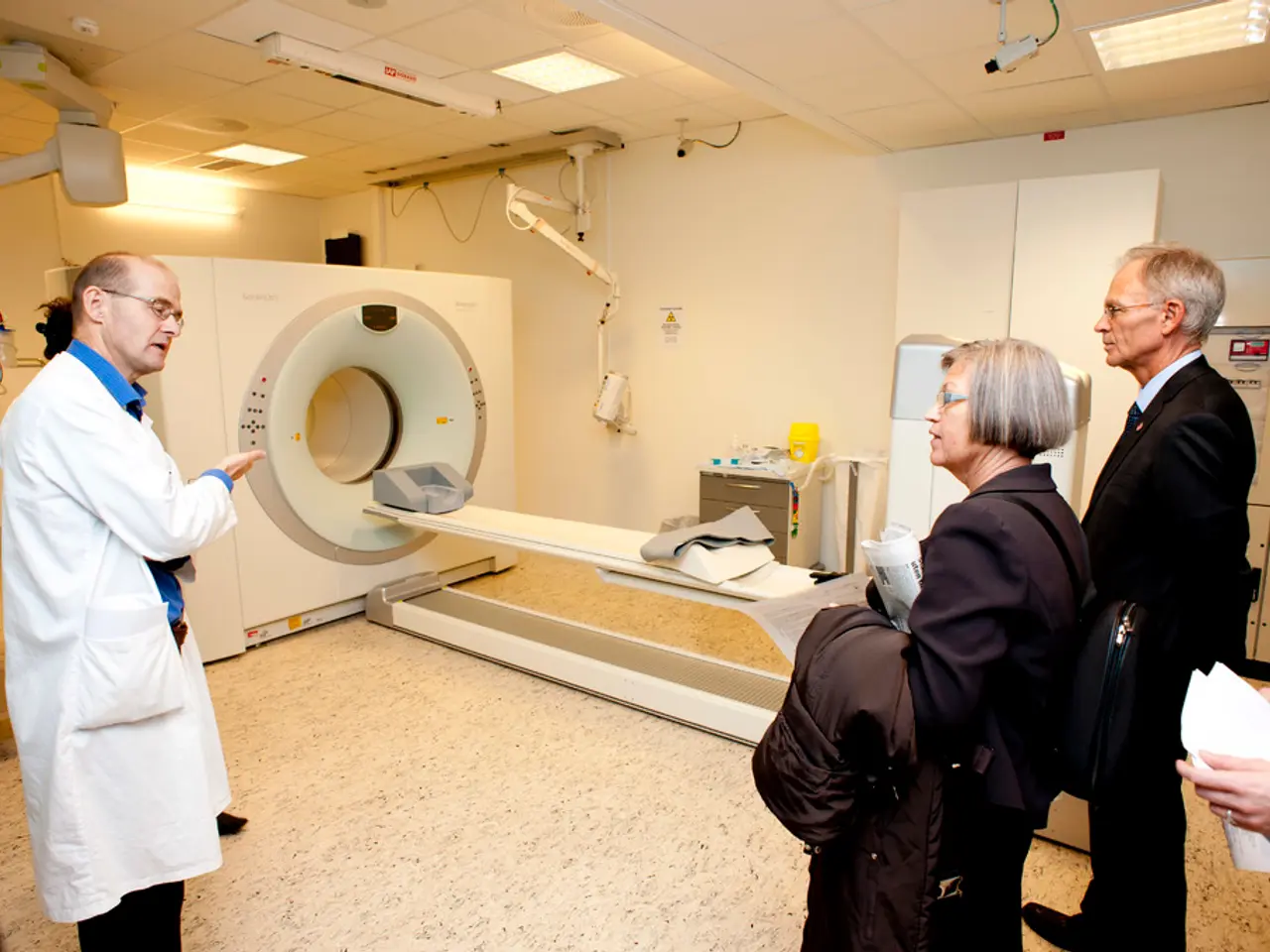German politician Baerbock calls out gender bias in professional paths
In her role as German Foreign Minister, Annalena Baerbock has spoken about the challenges and stereotypes she faces, echoing the experiences of many female politicians worldwide. Despite not specifically commenting on these issues, her experiences align with common patterns observed in politics.
Female politicians often encounter age and family-related stereotypes that impact both public perception and political participation. For instance, younger women like Baerbock may be labelled as inexperienced, a critique seldom applied to their male counterparts in the same intensity. On the other hand, older female politicians may face ageism, with questions about their vigour, while older men are often viewed as seasoned and authoritative.
Women politicians are also routinely questioned about their ability to balance work and family life, a concern that distracts from their professional qualifications. Single or childless women may be scrutinised for their lifestyle choices, with implicit or explicit suggestions that they lack "real" life experience, or, conversely, are too career-focused. Furthermore, female politicians are more likely to be targeted with personal attacks, including comments about appearance, family, and gender-appropriate behaviour.
Structural issues also pose significant challenges. Female politicians are disproportionately targeted by online harassment, including gendered disinformation campaigns and non-consensual intimate imagery. Women from minority backgrounds face compounded forms of discrimination, including misogyny, racism, and ageism.
Women politicians receive more scrutiny regarding their appearance, tone, and perceived emotionality, while men’s competence is less frequently questioned in these areas. Women are less likely to be selected as candidates for winnable seats, and when they are, they often face tougher electoral environments, including limited party support and higher scrutiny from party elites and the media.
Social and cultural norms also contribute to these challenges. Female leaders are often subjected to "mansplaining" or condescension, which undermines their perceived authority. Women who exhibit traits traditionally associated with leadership (assertiveness, directness) may be criticised for being "too aggressive," while those deemed "too soft" are seen as weak.
Recent research conceptualises gendered disinformation not just as misleading information but as a form of violence designed to drive women and minorities out of political power. This includes manufactured scandals about personal life, doctored imagery, and coordinated campaigns that reinforce stereotypes about age, family, and “appropriate” female behaviour, all with the aim of eroding public confidence in women’s leadership.
During the "Female Future Force Day" event, Baerbock emphasised that questions about her ability to juggle her job with young children highlight structural issues in Germany. She concluded that if women are made to believe they can't have a top job and children, it could be a factor in Germany's low birth rate. Her participation in this event, organised by the Funke media group, is an indication of her commitment to addressing gender issues in leadership roles.
The Belgian Foreign Minister, who was also the country's former Prime Minister, provided an international comparison. She has four children and was never asked if she could manage her tasks, highlighting the international perspective on the question posed to Baerbock about handling her job with two young children. The "Female Future Force Day" event serves as a platform for discussing challenges and opportunities for women in leadership roles, underscoring the need for continued dialogue and action to address these persistent issues.
- Science should focus on investigating the impact of age-related and family stereotypes on the health and wellness of women in the workplace-wellness, considering their influence on political participation and professional growth.
- The politics of women's health should include addressing the personal attacks, gendered disinformation, and online harassment that female politicians face, which negatively affect their general news coverage and leadership potential.
- Policymakers should consider the structural barriers, such as limited party support, higher media scrutiny, and unequal selection of candidates for winnable seats, that hinder the advancement of women in politics and propose solutions for implementing workplace wellness programs and promoting health and wellness in leadership roles.




